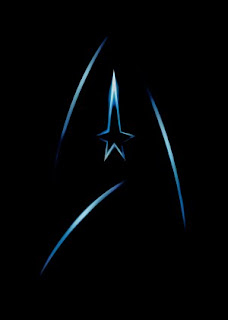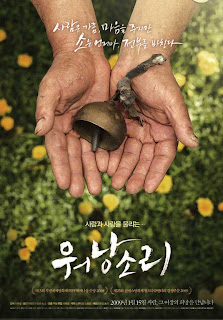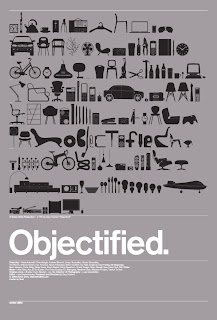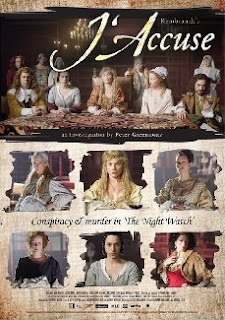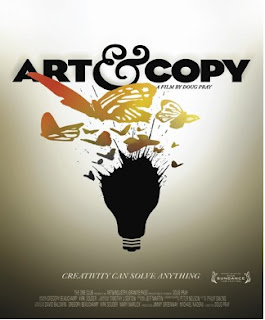DVD: Nashville (Altman, 1975)
Altman’s Nashville is so good because watching it is such an even balance of cerebral and visceral experiences; a tug of war that is laid out in the film’s opener in which a calculated, but solid, song about the nation’s bicentennial is being recorded in the same building as a hootin’ and hollerin’ gospel choir who allows their emotions to guide the music. Meanwhile, Henry Gibson’s Haven Hamilton, singing 200 Years, stops, and restarts, his song’s recording every time his pianist, Frog, makes a mistake. It’s a perfect pre-summary of one the film’s themes: the censorship of emotion and instinct in favor of the clean, measured, and reserved. Altman’s film is a hybrid of this duality, structurally and narratively. It’s an intuitive, fluid film about these structured procedures; dirty politics and soulful music, portraying events that are simultaneously scripted and natural. Some of the actors are real life musicians, and some of them aren’t, but everyone sings their own part, regardless. I know this is nothing too unique, especially today with a plethora of music biopics that use this strategy (Walk The Line, Ray, and, for one song at least, La môme), but it’s so significant here because of the beef that some of these characters receive when they don’t sing well. Altman’s Nashville is one defined by its inhabitants’ ability to sing (which may not be far from the real thing). Barbara Jeanne, who at many points is treated like a god in this town, and is the beating heart of this film, is booed off the stage when her mental state prevents her from completing a set. She and her husband shun the political backdrop of the moment, refusing to promote any party on the stage, and the moment she succumbs and performs in front of a banner at a huge political rally, it spells the end for her, and, thus, the film itself. Like in life, you can’t do it all, but it doesn’t mean that some aren’t expected to.
I’d never noticed how much Jacques Tati there was in the film until this most recent viewing, but the film’s structure and humor have notable similarities to the French master’s work. Crisscrossing dialogue in crowds (and with the monstrous cast and scope of this film, there is almost always a crowd) makes for a dense sound design that drops in snips and pieces of conversations from major characters and off-screen extras that mixes into absurd arrangements that recall great moments from Playtime‘s invention convention. The freeway pile up could be right out of the script for Trafic, providing one of several moments for almost the entire cast to interact candidly with each other. And then there is the complexity of the mise-en-scène, which, also like Playtime, often gives the viewer over a dozen points in the frame at a given moment in which there is significant action taking place. Especially at the opries and rallies, there are things that I caught while seeing this in the theatre that I never even detected on the DVD. Much of it is insignificant silliness, like a brief scuffle between strangers or a little kid up to no good, but it adds to the chaos of the time and place that are no doubt important in Altman’s vision.
Seeing this film and appreciating it more each time makes it more and more difficult to perceive Altman’s similarly realized Short Cuts as having much weight. It is, formally, almost a direct copy of Nashville. The looming, ominous helicopters spraying Los Angeles with insecticides, mirroring the patrolling van promoting one of the candidates through megaphones across Nashville, unite each city superficially by creating an element that one knows the characters all share as a common experience. The fixation on celebrity, the mundanity and plotlessness, and even the running time is mimicked in the inferior copy. Altman’s better homage to Nashville was his final film, A Prairie Home Companion, focusing especially on the music, comparatively folky and music-hally, lined with American tradition, celebrating life despite the unavoidability of death, as in the devastating “It Don’t Worry Me” redux that closes Nashville’s curtain after its beating heart has been shot.
DVD: Nashville (Altman, 1975) Read More »


